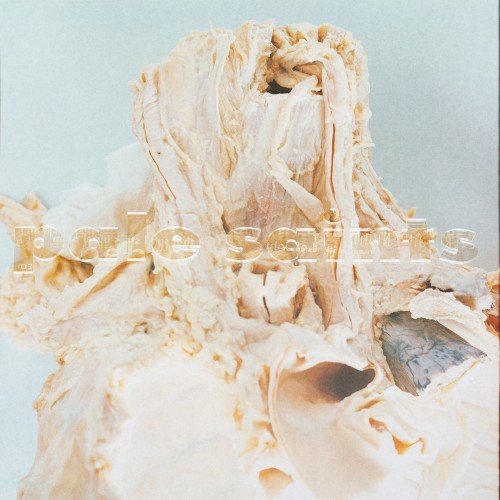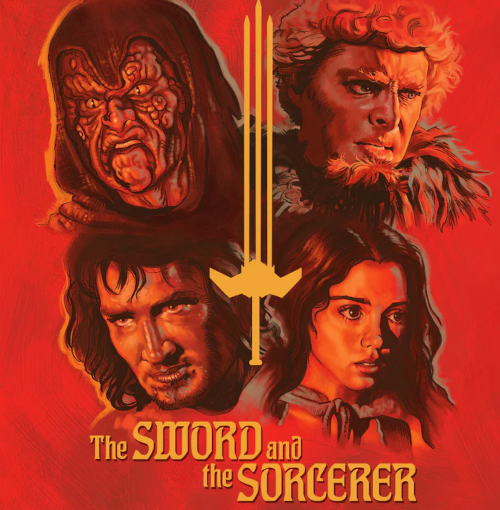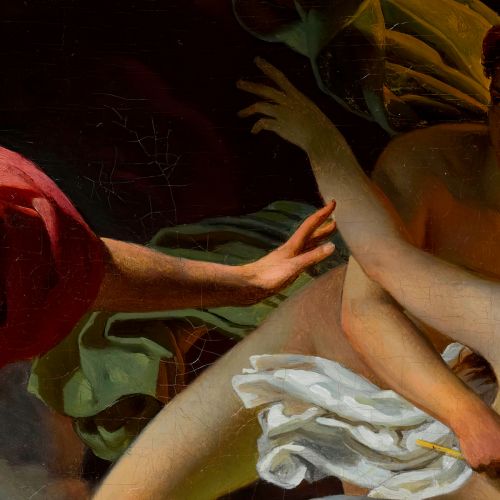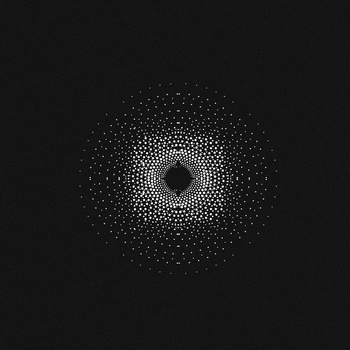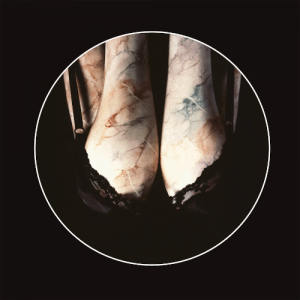 Back in the late nineties, in an attempt to distract myself from the drilling sounds whilst waiting to be seen by the dentist, I flicked though this lad mag (I forget the name of it). Amongst the usual antics I spot this review for The Elbow Is Taboo, worlds removed from the normal chart-friendly preferences of the publication, and reading between the lines of the lad culture pisstake, it sounded like a real riot, a notion that stuck like a splinter in my head.
Back in the late nineties, in an attempt to distract myself from the drilling sounds whilst waiting to be seen by the dentist, I flicked though this lad mag (I forget the name of it). Amongst the usual antics I spot this review for The Elbow Is Taboo, worlds removed from the normal chart-friendly preferences of the publication, and reading between the lines of the lad culture pisstake, it sounded like a real riot, a notion that stuck like a splinter in my head.
Featuring hoover tubes, pickle jars and a dice-generated random firing of percussions amongst a fine selection of analogue ethnic whatnots, this was Renaldo And The Loaf‘s fourth and very last album — until returning with a vengeance in 2010. Compared to their other releases (up until then), this was their most approachable, swimming in the wobbling reflection of the song-form, replete with river-dancing knives and meandering mandolins. The helium comedown oddness of the vocals smarting a fairytale-like quality (more Brothers Grimm than Disney) that flows into your head sideways, caterpillars its gangly puppet legs all over your hips.
The Elbow Is Taboo is an album that seems to grab inspiration from as many places as it musically amalgams, each song opalling a love of the obscure with a penchant for bladder on stick tomfoolery, even slips you a few hits of groovesome medieval-ness for good measure. Right from the offing, “A Street Called Straight”’s druggy detuned dirge of an intro secures its listening future as it lubriciously slides into a huddle of flute / recorder melodics and tin-drum rat-a-tat tails. That fret-folkiness that forks its middle needling pure genius, peppering a piped piper-esque vibe that you can’t shake off. As sense of the macabre floats around its playfulness for sure, builds a convincing alternate-reality for itself, one that’s very child-like, inquisitive and a little bit creepy. Like an errant panto full of disorientating delights and ill-fitting braces, its gathering wrongness singing a sweet rightness in your head. The dulcimered half-light of the “Bread Song” measuring the fetishistic impulses of a bread-obsessed individual, and his mouldering mountain of dough (loving that grating metallic rub shooting sinistrally through). The milky mono-chrome of “Dance Of Somnambulists” is a ballet of skew-whiff comicals caught eternally on the cusp of wakefullness, all this contrasting nicely with the more up-tempo carnivals of “Hambu Hodo”, which sounds like one of those chorus spectaculars of the forties with the dancers replaced with gyrating gnomes and cavorting goats.The chirppy chisel of “Here’s To The Oblong Boys” that butters the mind with its ovulating oooooooohs and elasticated bloat, and there’s the hilarious “Critical / Dance” too, a tidal high of thigh-slapping morris dancer / Bavarian oddness to be treasured. An eccentricity that leaves you to sip the ritual chianti of “Extracting The Re-Re”’s swirly keyboard arabesques, splattered beats and auctioneer samples that slowly ease you out of the frame and back to the cold silence of reality.
Now this being a redux, The Elbow Is Taboo boasts plenty of added extras (the Elbonus in question ) that gild this lily handsomely, maybe one too many “Hambu Hodo” revisits, to be fair, but the other takes seem hell-bent on twisting your ears that little bit further, some of which turn the originals on its head or scarily subvert things into something entirely new. A reissue that’s well worth your attention.-Michael Rodham-Heaps-
